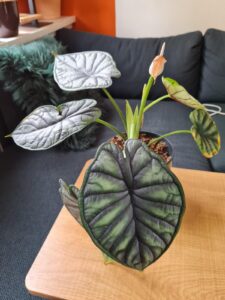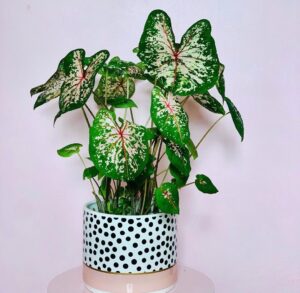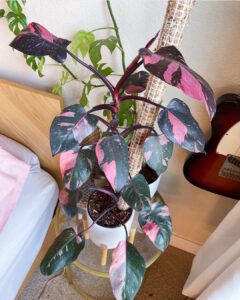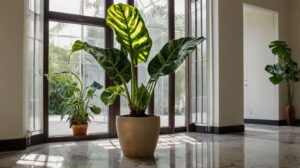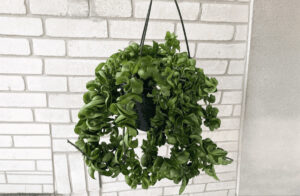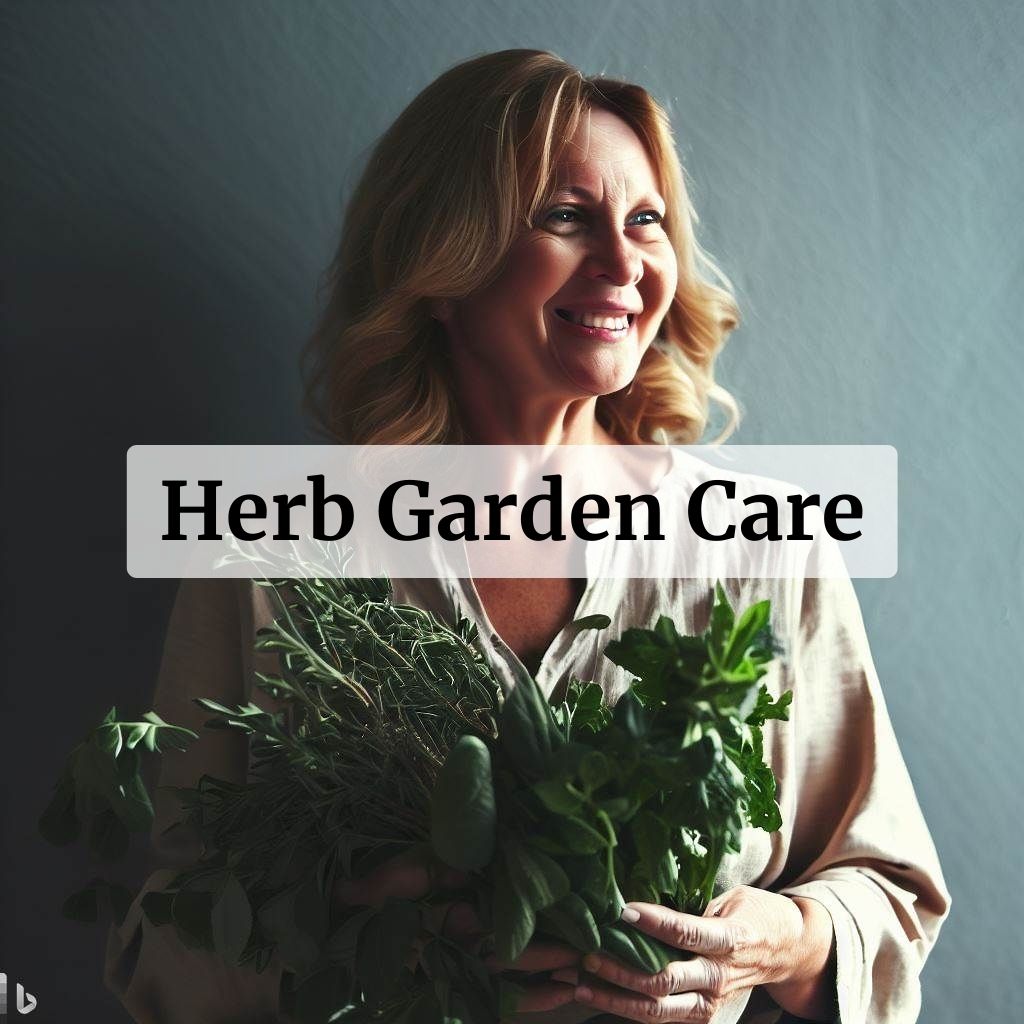
Discover how to care for your indoor herb garden with our ultimate guide. From site selection to overwintering techniques, we’ll cover everything you need to know to keep your plants healthy and productive. Find out how to choose the best location, prepare the soil, plant your herbs, water and fertilize them, and keep them healthy.
In this article
- 1 How to keep herb gardens alive?
- 2 Should I wash leaves of my indoor herbs?
- 3 How to protect your indoor herb garden from pests?
- 4 Which indoor herbs could be in full sun or partial shade?
- 5 Should you mulch your indoor herb garden?
- 6 Do you need to wash herbs from your indoor garden?
- 7 Why is my herb garden dying or turning yellow?
How to keep herb gardens alive?
As discussed in our General Care Guide, regular watering, weeding, fertilizing during the growing season and pruning are essential for keeping herbs alive indoors. Water only when the top inch of soil is dry to prevent root issues. Fertilize throughout spring and summer using an all-purpose fertilizer diluted to the manufacturer’s instructions. Prune herbs regularly to maintain shape and encourage new growth. With attentive care, indoor herb gardens can thrive all year long.
Should I wash leaves of my indoor herbs?
This article discusses how regularly inspecting plants and gently washing leaves with a diluted dish soap solution can remove any pests or debris. By closely examining leaves for insects or damage and rinsing plants thoroughly, herb gardeners can maintain healthy, vibrant plants indoors. Washing leaves is a prudent step to keep indoor herb gardens pest-free and safe for culinary use.
How to protect your indoor herb garden from pests?
The comprehensive guide Common Indoor Herb Garden from Pests? details various organic methods for controlling common indoor herb pests. Techniques like neem oil sprays, diatomaceous earth barriers, companion planting with pest-repellent herbs and regular inspections can effectively prevent and eliminate infestations. With diligent preventative care and natural remedies, indoor herb gardeners can maintain healthy, pest-free plants.
Which indoor herbs could be in full sun or partial shade?
As explained in the article Which herbs like full sun?, certain herbs like basil, thyme and oregano prefer full sun while others such as mint, parsley and cilantro tolerate partial shade. Choosing suitable herbs for the available light ensures robust growth indoors. Artificial lighting can also provide suitable light for shade-tolerant herbs when natural light is limited.
Should you mulch your indoor herb garden?
The article Should you mulch your indoor herb garden? discusses how a thin layer of organic mulch can aid moisture retention and prevent weeds in containers. However, mulch is not always necessary since some high-quality potting mixes may not require the added insulation. Herb gardeners can consider mulching as an optional enhancement depending on their specific plant and container conditions.
Do you need to wash herbs from your indoor garden?
As mentioned in Do you need to wash herbs from your indoor garden?, it is prudent to rinse herbs before eating or cooking with them. Washing with cold water can remove any residual dirt, dust, or potential bacteria like salmonella and E. coli from surfaces. Proper herb hygiene protects health when enjoying home-grown culinary ingredients.
Why is my herb garden dying or turning yellow?
The article Why Are My Indoor Herbs Dying or Turning Yellow? discusses potential causes like improper watering, inadequate light, nutrient deficiencies, overcrowding and more. Addressing underlying issues, removing affected foliage, fertilizing and adjusting care practices can often remedy yellowing and revive struggling indoor herb gardens.
In conclusion, maintaining thriving indoor herb gardens requires consistent nurturing through proper techniques.
With diligent care, herbs can flourish indoors all year long, providing aromatic flavors for cooking enjoyment.
Happy gardening!


